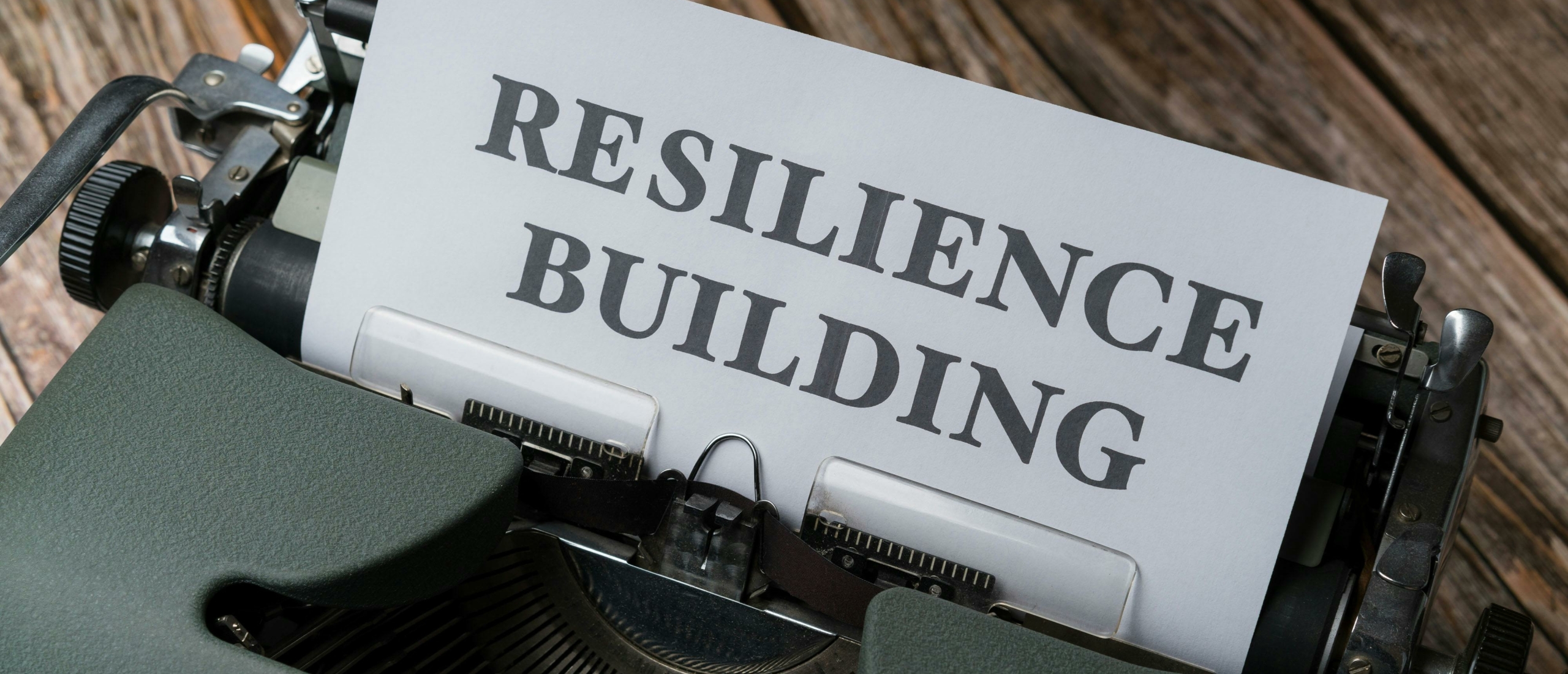
You sit down to start an important task. The deadline is close, your heart is racing — but instead of energizing you, stress freezes your motivation.
Mild stress can sharpen focus and help you perform. But when pressure never stops, your brain’s motivation system shuts down. Understanding what happens biologically — especially how dopamine (motivation) and cortisol (stress) interact — reveals why chronic stress destroys drive and how to restore it.
Key Takeaways
- Mild, short-term stress can boost focus — but chronic workplace pressure disrupts motivation rather than improving it.
- Persistent cortisol exposure weakens the brain’s reward and planning systems, reducing dopamine signaling and making effort feel pointless rather than rewarding.
- This loss of motivation is not weakness; it is a biological response to sustained stress and overload.
- Research shows that high job demands, role ambiguity, and constant urgency consistently correlate with lower performance and drive.
- Motivation begins to recover when people regain small experiences of success, clearer priorities, and a realistic sense of control.
- Both individuals and organizations can reduce stress-driven demotivation through recovery, autonomy, clearer expectations, and supportive work environments.
Losing motivation under constant pressure is not a character flaw — it’s a biological response to prolonged stress. Many people notice a gradual shift from “I’m motivated but tired” to “I can’t seem to care, even though I wish I could.” That isn’t laziness. It’s what happens when stress chemistry overwhelms the brain systems that normally generate drive and reward.
Recognizing that biology is involved matters, because it shifts the question from “Why can’t I push myself harder?” to “How can I help my brain function normally again?”
The Science of Motivation: Dopamine as the Brain’s Reward Signal
Dopamine is the neurotransmitter that fuels goal-directed behavior. It surges when we anticipate a reward and motivates us to act.
Short, healthy bursts of dopamine create energy, curiosity, and persistence. But chronic stress changes how dopamine works. Research shows that prolonged cortisol exposure can reduce dopamine receptor sensitivity by up to 40 % in the prefrontal cortex and striatum (Pruessner et al., 2004; Cabib & Puglisi-Allegra, 2012).
When that happens, even meaningful work can feel dull or pointless — a biological state known as anhedonia, or the loss of pleasure and motivation. It’s not a sign of weakness, but a brain response to long-term stress chemistry.
How Cortisol Interferes with Motivation
Cortisol, released by the adrenal glands during stress, is essential for short-term performance. It mobilizes energy, sharpens focus, and prepares the body to act.
But when stress becomes chronic, high cortisol:
- Suppresses dopamine synthesis and reward signaling.
- Weakens the prefrontal cortex — the region that plans, tracks goals, and regulates emotions.
- Shifts motivation from approach (“I want to achieve”) to avoidance (“I just want to escape”).
While controlled stress can briefly enhance performance, sustained work pressure tends to do the opposite.
A workplace study by Putra et al. (2023) found that higher work stress significantly reduced both motivation and performance among employees, confirming that chronic stress drains drive and productivity.
Stress and Performance: Not an “Inverted U,” but a Downward Curve
For decades, psychology textbooks depicted the relationship between stress and performance as an inverted U — too little stress causes boredom, too much causes burnout, and a moderate amount optimizes performance.
However, modern workplace research paints a different picture. A large meta-analysis of 169 samples (N = 35,265 employees) found that work-demand stressors such as role overload and ambiguity consistently correlated negatively with job performance (Gilboa et al., 2008).
In other words, while brief stress can sharpen focus, sustained pressure generally undermines both motivation and effectiveness. Chronic cortisol elevation disrupts reward pathways, narrows attention, and makes effort feel futile rather than rewarding.
Why Chronic Workplace Pressure Drains Motivation
In organizations, biology translates into daily experience:
- Constant urgency keeps cortisol high and dopamine low, leading to fatigue and indifference.
- Micromanagement removes autonomy — one of the strongest intrinsic motivators.
- Unclear goals prevent reward prediction, so dopamine circuits never activate.
- Lack of recognition deprives the brain of positive feedback that sustains effort.
A Gallup (2022) survey found that 57 % of employees who experience high daily stress also report low motivation. Chronic pressure doesn’t just exhaust people — it teaches the brain that effort no longer leads to reward.
If this picture of constant urgency, pressure, and fading motivation feels close to your daily reality, your drive isn’t “disappearing” — it’s being biologically suppressed by prolonged stress. That’s why trying to “push harder” rarely helps. What does help is rebuilding clarity, small wins, and a realistic sense of control so your brain can trust effort again.
How to Restore Motivation Under Stress
1. Reintroduce Small Wins
Break large goals into achievable steps. Each completion triggers a mini-dopamine release that rebuilds confidence and energy. Visible progress reverses anhedonia faster than big leaps.
2. Re-Establish Control
Negotiate priorities, clarify deadlines, and define what “done” means. Even small doses of autonomy reduce cortisol and restore a sense of agency.
(See Regaining Control to Reduce Stress)
3. Balance Challenge and Skill
Tasks should stretch you slightly beyond your comfort zone — enough to trigger dopamine through novelty and mastery, but not so much that they cause overwhelm. This “sweet spot” of challenge maintains motivation and resilience.
4. Build Recovery Into the Day
Micro-breaks, brief walks, or breathing exercises lower cortisol and protect dopamine tone. Recovery is not lost time; it’s neural maintenance.
(See The Best Micro-Breaks to Reduce Stress During the Workday)
5. Strengthen Intrinsic Motivation
Reconnect tasks to personal values or the bigger purpose behind your work. Meaning activates prefrontal reward circuits and shifts drive from fear to fulfillment.
(See How Reframing Stress as Positive Can Help You Manage It Better)
Your next step
If stress has been draining your motivation, the aim isn’t to push yourself to “be more disciplined.” Often, motivation returns not from willpower, but from easing the sense of threat and overload that keeps your brain in survival mode.
If this resonates, Trapped in Overwhelm offers a calm starting point. It’s a short, practical guide built around five simple micro-actions you can try when pressure takes over. These steps are meant to help you regain a bit of steadiness and agency in the moment — not to fix your motivation or guarantee lasting change.
👉 Read the free guide: Trapped in Overwhelm
FAQs
Can stress ever improve motivation?
Yes. Moderate, short-term stress can boost focus by increasing dopamine and adrenaline. The problem starts when stress becomes continuous and recovery disappears.
Why do I lose motivation when I’m stressed?
Chronic cortisol release suppresses dopamine, the brain’s motivation signal. The result is anhedonia — work feels meaningless or exhausting.
Is burnout the same as losing motivation?
Loss of motivation is one early phase of burnout. Over time, it combines with emotional exhaustion and reduced accomplishment.
How can I regain motivation after chronic stress?
Begin with recovery: sleep, small wins, and realistic goals. Gradually re-introduce manageable challenges to rebuild dopamine and confidence.
References
- Gilboa, S., Shirom, A., Fried, Y., & Cooper, C. L. (2008). A Meta-Analysis of Work Demand Stressors and Job Performance: Examining Main and Moderating Effects. Personnel Psychology, 61(2), 227–271.
- Putra, I. G. N. M. A., Pramartha, I. N. Y., & Dewi, I. A. L. K. (2023). The Effects of Work Stress and Work Motivation on Employee Performance. International Journal of Management, Business, and Applied Social Sciences, 3(9), 45–56.
- Pruessner, J. C., et al. (2004). Deactivation of dopamine release by stress in the human prefrontal cortex. Journal of Neuroscience, 24(11), 2825–2831.
- Cabib, S., & Puglisi-Allegra, S. (2012). The mesoaccumbens dopamine system and coping with stress. Neuroscience & Biobehavioral Reviews, 36(1), 79–89.
- Gallup. (2022). State of the Global Workplace Report. Gallup Press.











